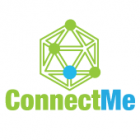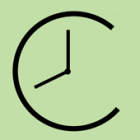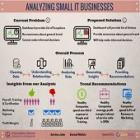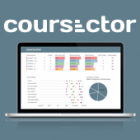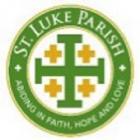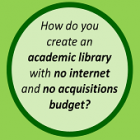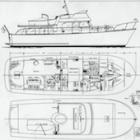
City of Seattle: Cataloguing Seattle’s Comprehensive Plan
A common problem facing many organizations today is the lack of a centralized knowledge library. One such organization is the City of Seattle’s Department of Planning and Development. Often, data is needed to support updates to Seattle’s 20-year growth plan. This data is usually found buried in Indicator Project reports, scaled data-gathering projects pertaining to civic topics such as Arts & Culture, Education, Housing and Land Use. These Indicator Project reports are stored in various locations throughout the department. Locating the correct data is often met with a high level of difficulty and frustration, due to lack of data availability, conflicting data and the inability to locate relevant data in a timely manner. Our project proposes to resolve these problems by building a centralized data library with an extensive taxonomy and metadata structure designed to enable fast, easy and accurate retrieval of important city demographic data.

